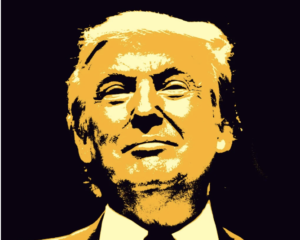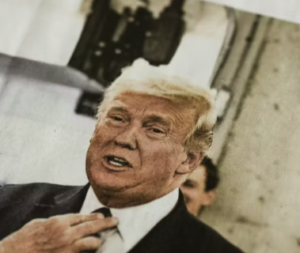#Jan6 #JudicialSystem #PresumptionOfInnocence #VoirDire #AppealsCourt #BiasInJurySelection #ChangeOfVenue #SentencingEnhancement
In a recent ruling that has caught the eye of many within the legal community, the U.S. Court of Appeals for the D.C. Circuit found that U.S. District Judge Amit Mehta, appointed by former President Barack Obama, made an error during the jury selection process of the Jan. 6, 2021, case involving former New York police officer Thomas Webster. The error in question involved the denial of a request to strike a potential juror—identified as juror 1156—who openly admitted an inability to presume the defendant’s innocence. This juror’s admission clashed with the foundational principle of the American judicial system that a defendant is presumed innocent until proven guilty. Despite this oversight, the appeals court ultimately ruled against Webster’s appeal, affirming his conviction on multiple counts related to the January 6 Capitol breach.
The case of Thomas Webster has been noteworthy not only for its connection to the highly polarized event of January 6 but also for its implications regarding jury selection and bias. Juror 1156, who expressed explicit bias against the presumption of innocence—a core tenet of legal proceedings—was not struck from the pool, raising concerns about fairness in the trial. This particular instance was highlighted by a unanimous panel of the Court of Appeals as a critical misstep. Nevertheless, the appellate court found that this error alone did not undermine the entirety of the voir dire process or the trial’s outcome, given the juror in question ultimately did not serve on the final jury. The ruling delved into complex considerations surrounding juror bias, the impact of pretrial publicity, and the importance of maintaining impartiality in legal proceedings.
Furthermore, the appeals court addressed other arguments brought forth by Webster’s legal team, including a motion for a change of venue based on a survey indicating potential prejudicial biases among Washington residents and alleged errors in jury instructions and sentencing enhancements. Despite recognizing certain concerns and missteps, the appellate judges maintained that none of these issues materially affected the fairness of Webster’s trial or the appropriateness of his sentencing. The court’s decision underscored the challenges in balancing the rights of defendants with the realities of conducting high-profile trials in politically and socially charged environments.
This case and its outcomes at various judicial levels highlight ongoing debates about fairness in the legal system, the influence of political and social biases on judicial processes, and the complexities of upholding the principles of justice in highly divisive cases. As Webster’s conviction and 10-year sentence are upheld, the legal and public discourse around the January 6 events continues to evolve, reflecting deeper national conversations about law, order, and political division.







Comments are closed.